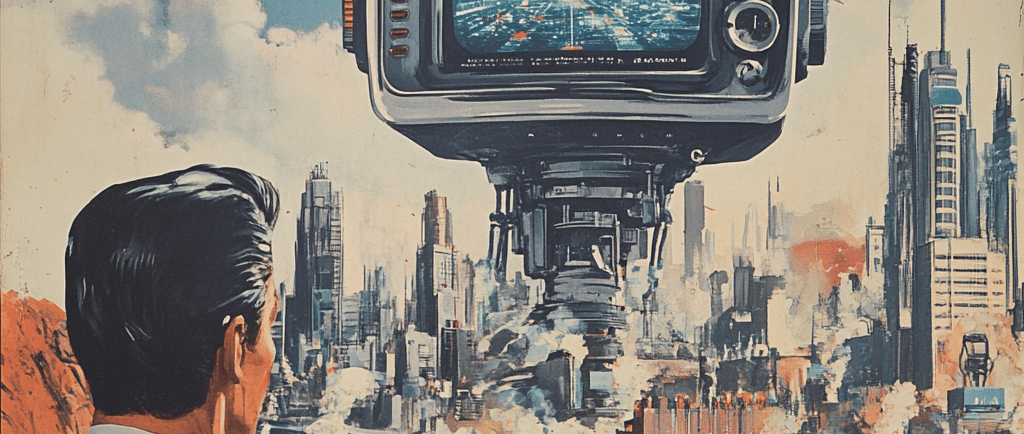AI Governance Experiment in Dubai
Dubai appoints AI as a co-advisor for optimizing city functions.
TIMELINE


The other day, as I strolled through the vibrant streets of Dubai, I couldn’t help but feel the pulse of innovation around me. The city has always been a place where the extraordinary meets everyday life, but now there's a new undercurrent—a blend of ambition and curiosity about the future. It’s as if I could sense the whispers of artificial intelligence mingling with the chatter of people, the hum of construction, and the gleaming skyscrapers that seem to stretch infinitely toward the desert sky.
I’ve been reflecting on why this experience resonates with me so deeply. The idea of AI as a co-advisor for optimizing city functions doesn’t just scratch the surface of technological intrigue; it strikes at the heart of what it means to shape our environment. Here is a society choosing to elevate an artificial entity alongside human decision-makers, trusting it to contribute to the well-being of its citizens. That’s a remarkable leap into an uncharted territory, and it fills me with both excitement and trepidation.
So, what does it mean to have AI at the helm of urban evolution? In Dubai, leaders are venturing into a space where algorithms help enhance transportation, streamline energy use, and even manage public health response—all tailored to the unique needs of their diverse population. Imagine a city where traffic flows seamlessly, parks are engineered to bloom as much as our collective spirit, and resources are allocated efficiently. It hints at an era where human capabilities are harmonized with machine efficiencies, creating a dance of productivity that’s never been seen before. But beneath that surface of promise, I can’t help but wonder about the human element. How will decisions derived from lines of code feel when they meet the complexities of human lives? Will compassion be programmed in, or will it be seen as an afterthought?
This brings me to ponder the bigger picture of this governance experiment. What does the integration of AI in our cities signify for us as individuals? On the one hand, I see a potential for incredible advancements—smart sectors that evolve in response to our needs. But considering the implications reaches far beyond convenience; I’m challenged by the thought of control. When does the symbiosis between humans and machines turn into something more hierarchical? And as much as I believe in progress, I can't shake the concern about the possible erosion of individual agency, as the fabric of city life may start to be dictated by bytes instead of human voices.
My reflex is grounded in what I hope for—the vision of a future where technology enriches human experience rather than diminishes it. I long for a world where AI acts as a guide, enhancing our decision-making rather than overshadowing our intuitive capacities. I find comfort in believing that if we are intentional about our relationship with AI, we can foster an environment where both humans and machines flourish alongside one another. Yet, there remains a nagging uncertainty. Are we ready to fully embrace AI as our ally, with all the complexities it brings, or will we shy away from our potential due to fear and apprehension?
As I continue to traverse the interplay between human depth and technological advancement, I’m left with a question that lingers in the air: In our quest for innovation, how can we ensure that we don’t lose sight of what it means to be human?
